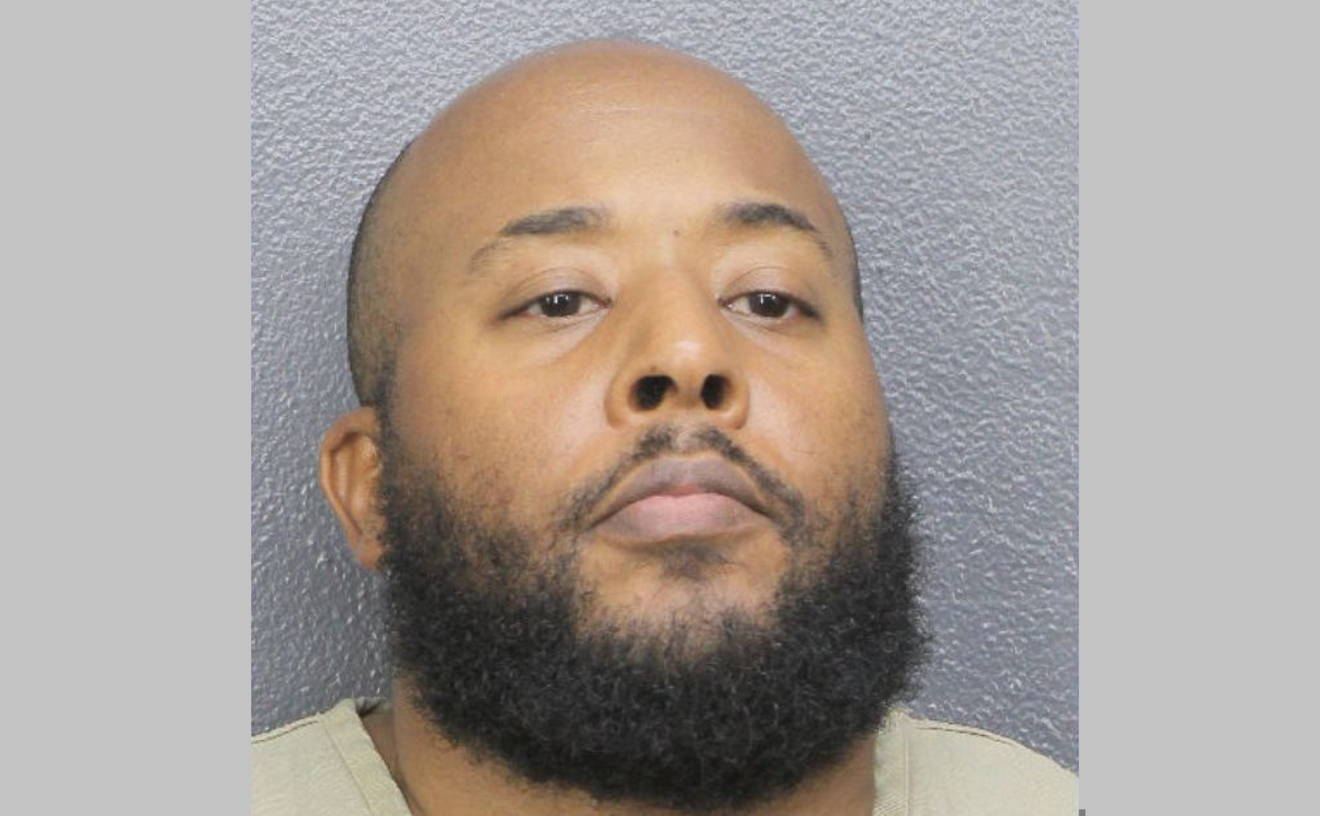U.S. Circuit Judge Britt Grant wrote that the law's workplace provisions, which sought to bar employers from requiring workers to attend diversity and racial bias training, committed "the greatest First Amendment sin" by trying to stamp out viewpoints disagreeable to the state.
Signed by DeSantis in April 2022, the law aimed to prohibit mandatory job training programs that teach theories of ingrained racism, including the notion that folks harbor unconscious racial biases and that people can be "privileged or oppressed" on the basis of race, national origin, or sex. In promoting the bill, DeSantis claimed the theories belong to an insidious liberal ideology that foments guilt and division.
"Florida may be exactly right about the nature of the ideas it targets. Or it may not. Either way, the merits of these views will be decided in the clanging marketplace of ideas rather than a codebook or a courtroom," Grant, a conservative-leaning Donald Trump appointee, wrote for the 11th Circuit Court of Appeals.
Britt was joined in the unanimous decision by U.S. Circuit judges Andrew Brasher (another Trump appointee) and Charles Wilson, a Bill Clinton appointee. The March 4 ruling upheld a district court's preliminary injunction, finding that the law was unconstitutional.
In response to the ruling, Protect Democracy attorney Shalini Goel Agarwal — who argued the case on behalf of the plaintiffs — said it was a "good day for the First Amendment and the ability of American businesses to speak freely."
"Elected officials have no business censoring the speech of business owners simply because they don't agree with what's being expressed," the attorney said of the case, Honeyfund.com v. DeSantis. "Barring employers from engaging in speech that powerful politicians don't like is a move straight out of the authoritarian playbook.""Barring employers from engaging in speech that powerful politicians don’t like is a move straight out of the authoritarian playbook."
tweet this
The state had contended that the employment provisions were not a free-speech restriction but rather a regulation on conduct — i.e., corporate meetings and training sessions.
Grant did not buy the argument, calling the state's lapse in logic "remarkable."
"Under Florida's proposed standard, a government could ban riding on a parade float if it did not agree with the message on the banner. The government could ban pulling chairs into a circle for book clubs discussing disfavored books. And so on. The First Amendment is not so easily neutered," Grant wrote.
DeSantis' press secretary, Jeremy Redfern, said the governor's office is reviewing options for further appeal. If granted review, the case could be reheard by a full 11th Circuit panel (as opposed to the three-judge panel) or appealed to the U.S. Supreme Court.
"Today, the Eleventh Circuit has held that companies have a right to indoctrinate their employees with racist and discriminatory ideologies," Redfern said in a March 4 statement.
The case was brought by honeymoon registry Honeyfund and Primo Tampa (subsidiary of a Ben & Jerry's ice cream franchisee), along with Whitespace Consulting, a contractor that provides diversity training to corporations.
DeSantis signed the Individual Freedom Act, promoted as the Stop WOKE Act, on April 22, 2022 — part of a sweeping package of culture war-centered bills that the governor championed in the 2022 legislative session as a means of re-establishing conservative values in society. With the backing of the Republican-dominated statehouse, he said the law would give "businesses, employees, children, and families tools to fight back against woke indoctrination."
The law's employment provisions were coupled with a separate section that prohibited public schools from teaching about systemic racism. Both sides of the bill focused on barring endorsement of concepts that DeSantis claimed were infiltrating classrooms and workplaces via a liberal ideology he called the "woke mind virus."
A Tallahassee federal judge granted a preliminary injunction blocking the law's employment provisions in August 2022 in a decision skewering the statute as unconstitutional and the reasoning behind it as reminiscent of a parallel dimension in the TV series Stranger Things.
"Normally, the First Amendment bars the state from burdening speech, while private actors may burden speech freely. But in Florida, the First Amendment apparently bars private actors from burdening speech, while the state may burden speech freely," Chief U.S. District Judge Mark Walker wrote in 2022.
The 11th Circuit's Monday decision kept Walker's injunction firmly in place, marking what could be a final dagger to the law's restrictions on diversity training.
Grant rejected the State of Florida's attorneys' attempt to equate the law with Title VII, a federal regulation that prohibits employment discrimination based on race, religion, sex, and national origin. She noted that Title VII "never mentions speech or content to define discrimination."
"While that law may have an incidental effect on speech, it is not directed at it," the judge noted.
A challenge to the Stop WOKE Act section that looked to ban teaching about systemic racism in public schools is on appeal in a separate case, Pernell v. Lamb. The section is currently blocked in Florida higher education by a preliminary injunction issued in November 2022 by Walker, the same federal judge who blocked the employment provisions.
As with the workplace provisions, the Stop WOKE Act's education provisions contain a disclaimer of sorts, noting that classroom dialogue about systemic racism is permissible so long as the teacher does not endorse the theories restricted by the law.
The constitutional challenge to the education side of the law might have a thornier legal pathway, as classroom lessons and discussions may be viewed as government speech. The state's lawyers have argued that public school teachers do not have First Amendment rights when they're on the clock and in the classroom because they are acting as mouthpieces of the state.
Walker has stated that Florida's power to control what teachers say on the job has its limits. In the November 2022 ruling, he said the state's lawyers were asking the court "to conflate the state's right to make content-based choices in setting the public school curriculum with unfettered discretion in limiting a professor's ability to express certain viewpoints."
Pernell v. Lamb is scheduled for oral arguments in June in the 11th Circuit.









